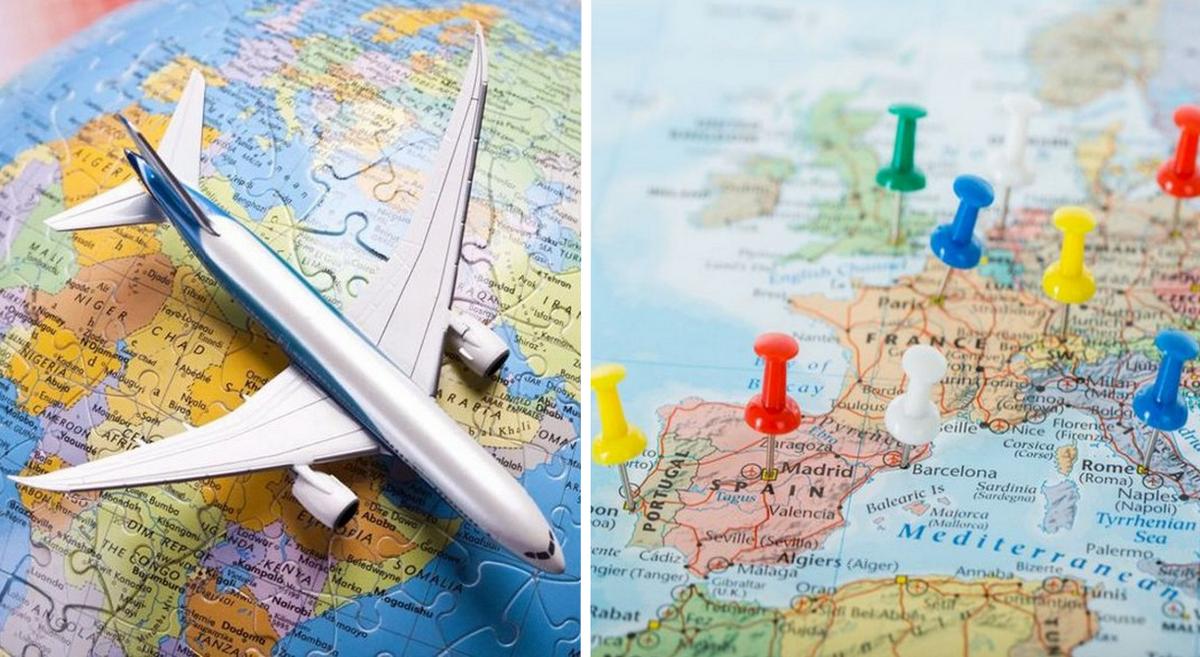From 1 March 2022, EU Member States are centrally recommended to lift the travel ban for those entering third countries who have been vaccinated against coronavirus, as well as for those who have contracted it. In other words, anti-discrimination restrictions should now be applied taking into account both the situation in the third country and the individual’s status. The updated recommendation was adopted by the EU Council on 22 February.
The amendments are the government’s response to the pandemic, the increase in vaccination and booster doses, and the recognition of a growing number of certificates issued by third countries equivalent to the EU’s digital certificate.
According to the Council, EU countries should allow entry into their territory for persons traveling for tourism purposes and vaccinated with one of the vaccines that have received the “green light” from the European Medicines Agency (EMA) or the World Health Organization. WHO). For some travelers with WHO-approved, but not EMA-approved, vaccines, additional measures may be required, such as pre-trip PCR testing. We will add that the recommendation of the Council is not a legally binding document.
Conditions for entry into Europe for vaccinated and sick tourists
All travelers must be vaccinated at least 14 days before traveling to an EU country, but no more than 270 days before being allowed to enter as vaccinated tourists. Those whose vaccination date is more than nine months old must be revaccinated in order to be allowed to enter the country. Similarly, travelers who have contracted the coronavirus in the last 180 days and recovered from it should also be allowed to enter the block, even for minor purposes such as tourism.
“A negative pre-departure PCR test may also be required for persons who have recovered from COVID-19, as well as for persons who have been vaccinated with an EU-approved vaccine but do not have an EU certificate or equivalent,” the Council said.
Conditions for children
The Council also reminds Member States to allow children between the ages of 6 and 18 traveling with a negative PCR test no later than 72 hours before departure. Children under the age of six must be exempted from all entry restrictions. It is specified that the countries of the bloc may require additional testing of children upon arrival and, if necessary, quarantine.
Thanks to the new recommendation, travelers from countries with which the EU has reached an agreement on the recognition of their COVID-19 certificates will benefit the most.
Countries that still have such an agreement with the EU are:
- Albania
- Andorra
- Armenia
- Benin
- Vatican
- United Kingdom
- Georgia
- Israel
- Jordan
- Iceland
- Cape Verde
- Lebanon
- Liechtenstein
- Morocco
- Moldova
- Monaco
- New Zealand
- Norway
- UAE
- Panama
- El Salvador
- San Marino
- Northern Macedonia
- Serbia
- Singapore
- Thailand
- Taiwan
- Togo
- Tunisia
- Turkey
- Ukraine
- Uruguay
- Faroe Islands
- Montenegro
- Switzerland

